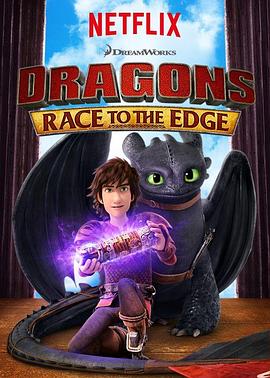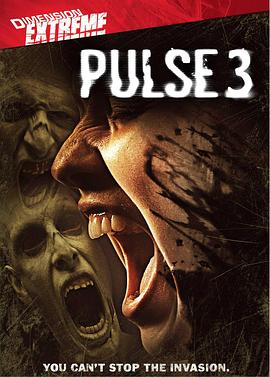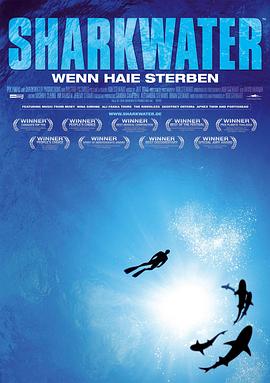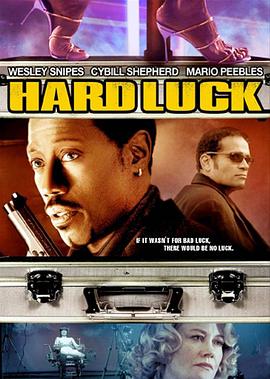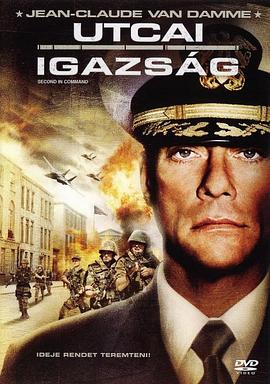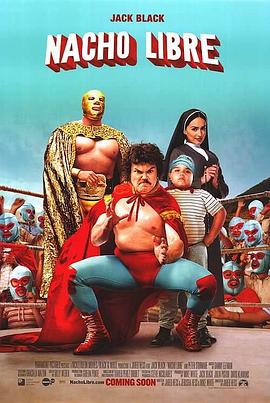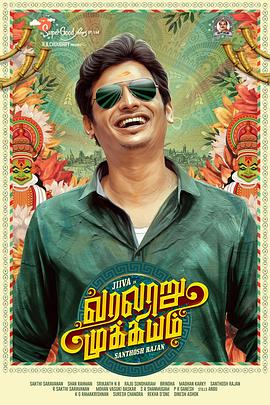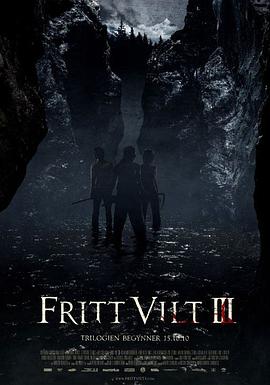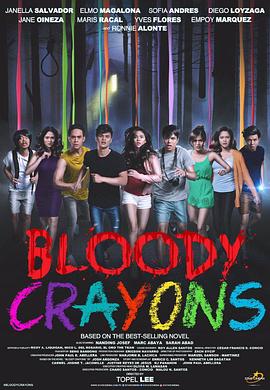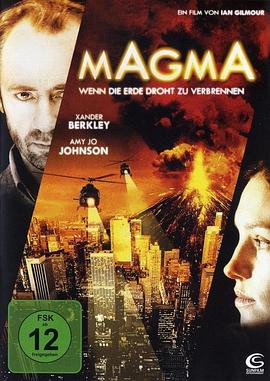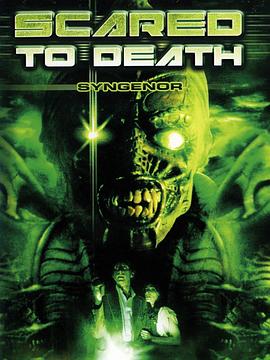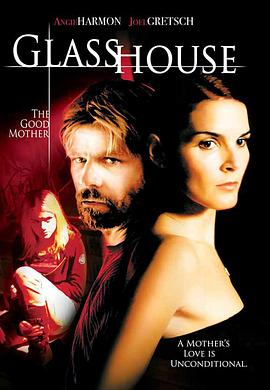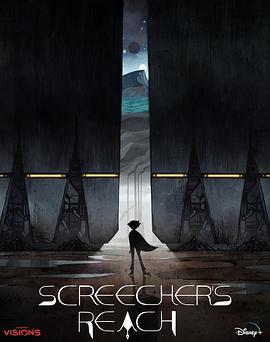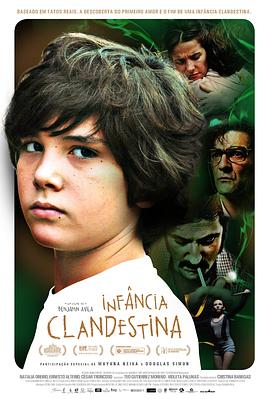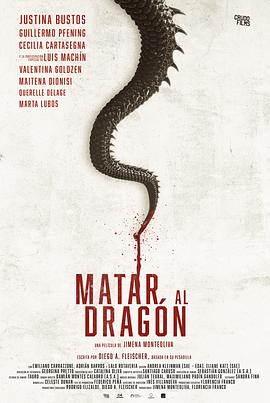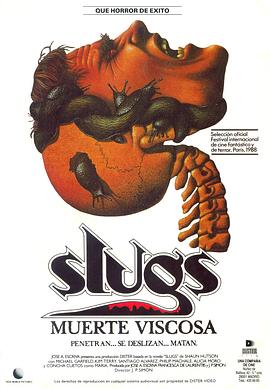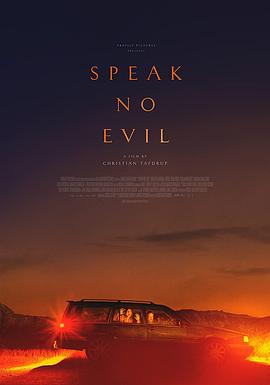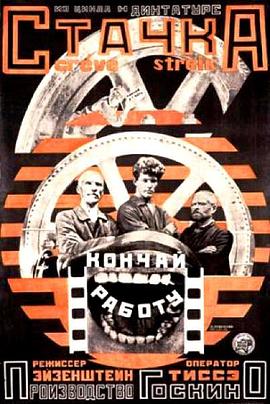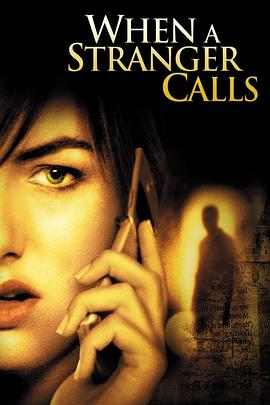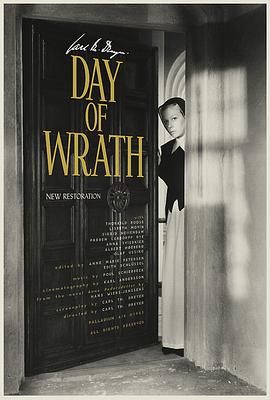MO
搜索"MO",找到2733部影视作品
导演:
/Elaine Bogan,T.J. Sullivan,Jae Hong Kim,David Jones,Simon Otto
剧情:
梦工厂将于今年6月在Netflix上推出全新剧集《驯龙记:飞越边界(Race to the Edge)》。正值WonderCon的最后一天,梦工厂为漫展粉丝们带来福利,大家有幸先睹为快,观看了最新片花:小嗝嗝与没牙仔降落在一个破旧不堪的旧船甲板上,并深入到船内查看情况。然而船内机关重重,有各种陷阱和触发式武器,当两个伙伴成功来到船长室后,他们发现了称为“龙之眼”神秘之物,在他们打算带走这个装置时,船内最致命的防卫武器被激活了……。 制作人Art Brown透露,《驯龙记3》的故事将发生在两部电影之间,“时间是在《驯龙高手2》故事发生的一年半以前,类似电影续集的前传。”第一部电影结尾,龙族与维京人冰释前嫌,而第二部一开始,维京人就都能娴熟的驾驭自己的龙,中间隔了5年时间,而这部剧集则会向观众解释这几年间发生了什么,尤其是小嗝嗝的父亲Stoic是如何克服心理障碍并驾驭龙的。
导演:
/Thomas J. Wright
剧情:
《海军罪案调查处》第2季NCIS是Naval Criminal Investigative Service的缩写,直译过来就是海军罪案调查机构。这个隶属五角大楼的特别部门,专门从事与海军以及海军陆战队有关联的任何罪案调查。海军调查处被赋予了特殊的调查权,只要是案情需要,任何人都必须接受质询无论职务和军衔高低。NCIS小组每次都会遇到各式不同的案情,从谋杀、缉毒、谍报活动、到反恐行动、甚至是神秘宗教,无奇不有。 虽然同样由CBS电视网制作,NCIS却和CBS的另一王牌剧《犯罪现场》 (CSI)有着极大差别,NCIS每集只专心讲述一个案子。CIS重点在于犯罪证据的收集和调查,NCIS侧重于案情的悬疑曲折以及主要角色的鲜明个性。第二季开头的一个案子就非常有代表性,一家军用直升飞机停在麦田中央,直升飞机周围的麦田全部伏倒形成了一个圆圈。而驾驶飞机的海军陆战队员则已经不知去向,这样的开头不禁一下让观众想到了外星人。不过NCIS毕竟不是《X档案》 ,事情的真相还是要回归到真实的生活中来。个性鲜明的几位长线角色也是NCIS吸引观众的另外一大卖点,上到调查处头头吉不斯,小到一个验尸官的助手,每一位NCIS成员都有着与人不同的特殊性格。这样一来,每位观众都能在剧中找到自己喜欢的角色。@m.yakutv.cc
导演:
/罗布·斯图尔特
主演:
剧情:
作为地球上数目最为庞大的体重超过100磅的顶级捕食者,长期以来,鲨鱼被种种传闻塑造成为海中恶霸,甚至有传言说它可以生吞下整个活人。然而人们并没有意识到4亿年以来,正是由于鲨鱼的存在,才使得整个海洋生态系统维持稳定,从而塑造了这个世界以及整个陆地的生命史。可是,这一存在于地球几亿年的古老的物种,如今却遭遇灭顶之灾。由于鱼翅交易所带来的暴利,大批鲨鱼被捕杀,由于对于鲨鱼缺乏科学的认识,捕杀鲨鱼的行为并未受到过多限制,鲨鱼正在以惊人的数目锐减。幸运的是,许多认识到这一点的人们开始行动起来,他们冒着被渔翅业黑手党杀害的危险,战斗在保护鲨鱼的最前线…… 本片入选加拿大多伦多国际电影节前十作品榜单,获得包括夏威夷电影节评委会特别奖在内的15项国际大奖。
导演:
/Mikkel Brænne Sandemose
主演:
剧情:
在挪威某个国家森林公园的腹地,坐落着一家清冷阴森的旅店。12年前经营旅店的夫妇和他们的孩子相继失踪,令这里蒙上一层神秘恐怖的面纱,同时也成为年轻人们寻求刺激、心驰神往的绝佳所在。1988年的一天,马格(Pal Stokka 饰)、纳特(Sturla Valldal Rui 饰)、西蒙(Arthur Berning 饰)、安德斯(Kims Falck-Jorgensen 饰)、海达(Ida Marie Bakkerud 饰)和斯瑞(Julie Rusti 饰)等6名年轻人相约来到山中度假,旅店的气氛令斯瑞深感不安,在她强烈的要求下,众人放弃在旅店过夜的计划,转而露宿湖旁。夜晚,互有好感的斯瑞和纳特偷偷幽会,却不慎跌入一个补兽陷阱,纳特身受重伤,不久更被一个神秘的男子杀害。 自此,这群年轻人开始了一段残酷无比的血腥假期……
导演:
/William Malone
主演:
剧情:
An ex-cop, now working as a hack novelist, is called out of retirement to help investigate a string of deaths that appear to be the work of a serial killer but soon are revealed to be the work of the Syngenor - the synthesized genetic organism!
导演:
/特德 尼古劳
主演:
剧情:
柴可利(David Gunn 饰)是从十九世纪起就生活在东欧的吸血鬼,曾经,柴可利有一个深爱的恋人,然而,这个女人却被仇视他的吸血鬼同类给杀害了。数百年来,柴可利一直都在寻找着给爱人报仇的机会,如今,他得到消息,他的仇人现身在美国,这里便是他的下一站。在美国,柴可利邂逅了名为索菲亚(Kirsten Cerre 饰)的女孩,索菲亚让他想起了自己早逝的恋人,内心泛起涟漪,与此同时,柴可利的仇人们也盯上了索菲亚,他们想将这个纯洁的女孩变成他们的同类。 为了保护索菲亚免受侵害,柴可利只身一人前往敌人的巢穴,在那里等待着他的,是名为艾仕的僵尸吸血鬼。
导演:
/Jimena Monteoliva
主演:
剧情:
The nightmarish tale of two siblings cruelly separated as kids. The youngest, Elena, is confined to the world of darkness, where she leads a miserable life. While the eldest, Facundo, remains in paradise, where he lives a peaceful life as a doctor with his wife and two daughters. 25 years later, the two are reunited to face the family tragedy that separated them.
导演:
/尤戈·布特格雷特
剧情:
因丢失尸体和爱人,罗伯特(Daktari Lorenz 饰)在绝望中以极其惨烈的方式自杀身亡。然而他的尸体并未因此得到宁静,仿佛命中注定一般,才被葬入黄土不久的罗伯特又被妙龄女郎莫妮卡(Monika M. 饰)挖了出来。莫妮卡和罗伯特一样,对死尸有着深深的迷恋,她和死去的罗伯特仿佛爱人似的生活在一起。 某晚,莫妮卡在电影院门口邂逅马克(Mark Reeder 饰),两人随即开始交往。看似浪漫的爱情虽然让莫妮卡一度想要改掉怪异的爱好,但她仍然无法接受爱情的索然无味。直到某天,马克发现了女友的秘密,他们的关系开始朝着不可预测的方向发展……
导演:
/谢尔盖·爱森斯坦
主演:
剧情:
本片为苏联电影理论家兼导演爱森斯坦的处女作,用六个章节展示了一场罢工运动的始末。 繁忙的工厂里,工人们埋头工作。布尔什维克党在地下积极组织工人罢工,但表面上仍然一片平静……工厂里的一把工具失窃,当值工人被厂主调查侮辱,气忿不过的工人回到车间,上吊自杀。工人们与厂主爆发了冲突,工人冲出工厂,打倒工头,联络其他工厂的同志,一场大规模的罢工启动了。 工厂主与工人们的谈判陷入僵持,失去生活来源的工人们忍饥挨饿,工厂主又雇佣侦探抓捕工人领导、借助流氓势力破坏工人组织。在水龙和骑警的驱逐下,工人们四处奔逃,最终遭到血腥屠杀……
导演:
/Aor Wilawan
剧情:
梅丽(婉娜拉·宋提查 Vill Wannarot Sonthichai 饰)是口含着金汤匙出生的千金大小姐,天使看不过她的刁蛮任性,决定好好教一教梅丽做人的道理。她给梅丽提出了三个条件——与人为善、先人后己、找到真爱,如果不能够达成这三个条件,那么梅丽将永远变作一只青鸟。 一次偶然中,梅丽邂逅了死对头狄波(普提查·克瑟辛 Put Puttichai 饰),梅丽开始怀疑狄波觊觎着自己的家产,而狄波却在往后的时间里慢慢爱上了梅丽。在狄波的帮助下,梅丽隐藏了真实身份,潜伏在公司中成为了一位普通的实习生,失去了身份的光环,梅丽遇见了各种各样的困难和麻烦,她能够在信守诺言的同时将他人的刁难一一化解吗?
导演:
/威廉·布伦特·贝尔
剧情:
卢米斯(米洛·文堤米利亚 Milo Ventimiglia 饰)、雷克斯(Billy Slaughter 饰)、莎拉(Nicole Oppermann 饰)三个年轻人偶然得到一款名为《生存》的游戏,该游戏以15世纪欧洲臭名昭著的“血腥贵妇”伊丽莎白·巴瑟(Elizabeth Bathory)为蓝本,其制作精良,惊悚非常。在试玩过程中,奇怪的声响和事情接连出现,三人更先后离奇死亡。 葬礼后,卢米斯的妹妹艾玛将《生存》游戏交给哥哥生前最好的朋友霍奇(约翰·福斯特 Jon Foster 饰)。霍奇聚集一种电玩好友,一同体验这款卢米斯最后玩过的游戏。随着游戏的进行,霍奇等人发现这是一款真正的死亡游戏,所有的参与者都面临着死亡的结局。而他们已经身陷其中,无法逃离了……
导演:
/西蒙·韦斯特
剧情:
居住在埃兰谷的姬尔·强森(凯米拉·贝尔 Camilla Belle 饰)是一个普普通通女高中生,由于她煲电话粥过长,因此父亲本(克拉克·格莱格 Clark Gregg 饰)命令她当保姆赚取花费。万般无奈,姬尔只得应征来到曼卓基斯医生(Derek de Lint 饰)的家中。曼卓基斯及其夫人凯丽(Kate Jennings Grant 饰)住在一幢豪华的湖畔别墅中,屋内的装饰奢侈高贵,令姬尔目不暇接。她当晚的工作很简单,就是在曼卓基斯夫妇外出用餐时留下看家,并照顾他们两个正在生病的孩子。不久夜色降临,偌大的别墅内显得空空荡荡,冷清吊诡。正在此时,一通通神秘的电话接连打了进来,令姬尔变得恐慌与不安…… 本片为1979年同名影片的翻拍之作。
导演:
/卡尔·西奥多·德莱叶
主演:
剧情:
故事发生在1632年的丹麦,一个地处偏远的小镇中正在进行一场残酷的处刑,一个年老的女人因为被指控为巫女,而面临着被活活烧死的悲惨命运。临死前,愤怒的老人设下了诅咒,对于负责行刑的牧师来说,邪恶的诅咒是无法伤害代表了正义的他的,可对于牧师的妻子安妮(Lisbeth Movin 饰)来说,眼前所发生的一切令她永生难忘。 自此之后,安妮仿佛变了一个人似的浑浑噩噩。安妮和牧师的婚姻里并没有爱情,牧师英俊的儿子却吸引了安妮的注意,随着时间的发展,两人之间的关系越来越近,最终越过了伦理道德的界限。牧师死了,牧师的母亲愤怒地指控,是安妮的“巫术”害死了自己儿子。按照惯例,安妮被绑上了火刑架,这似曾相识的命运让安妮猛然醒悟,诅咒,也许真的存在。

